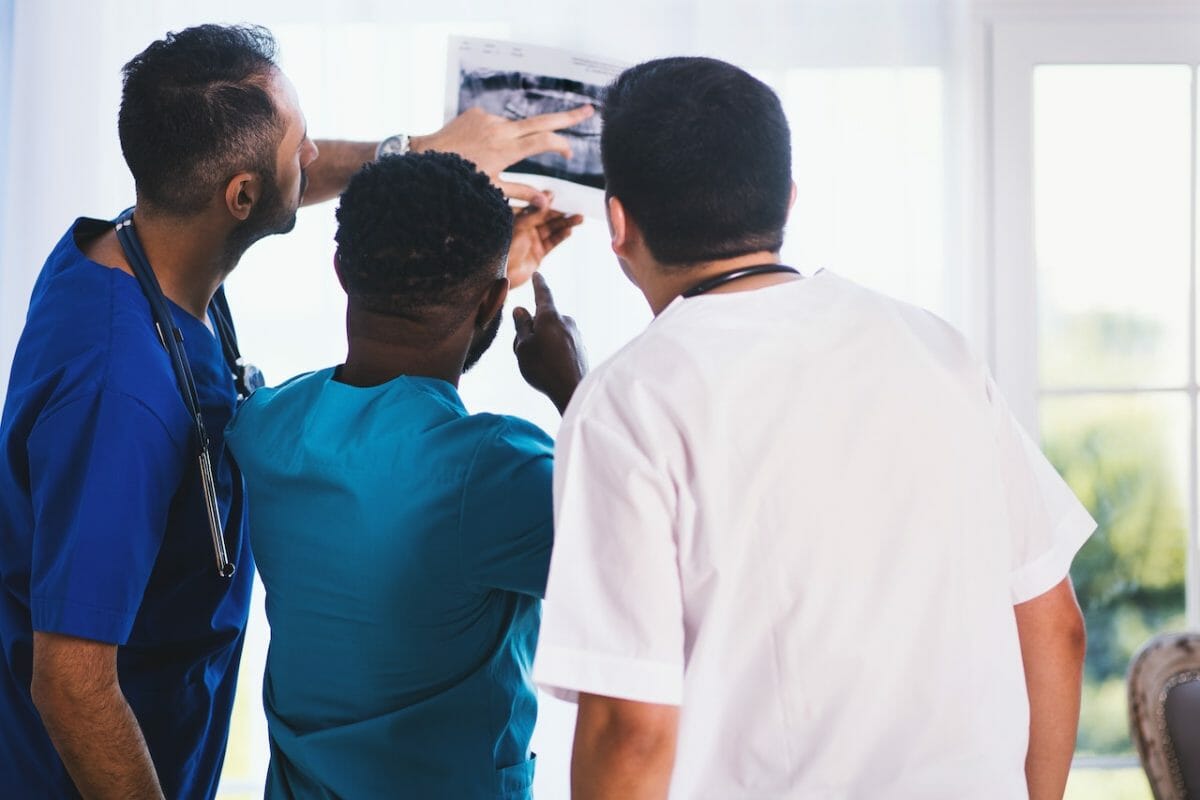Are you a medical student looking for ways to enhance your studies and professional development? There are several steps you can take to ensure that you are making the most of your time in school and beyond. From taking advantage of internships to building relationships with faculty, here are 6 things medical students should consider doing:
1. BYOD Method
Bring Your Own Device (BYOD) is a great way for medical students to stay organized and on top of their studies. With the BYOD method, you can access your textbooks and digital resources from any device with an internet connection. This allows you to study on the go and keep up with new developments in the medical field when you’re away from campus. Additionally, if something happens to one of your devices, all of your data will still be available as long as it’s backed up in the cloud. Some BYOD pros and cons include having easy access to your digital resources, no matter where you are; however, potential issues could arise if you are using a public device or network and your data is not as secure as it should be. It is important to make sure that you are taking the necessary precautions when it comes to your data security.
2. Participate in Internships
Internships are another great way for medical students to gain valuable experience and make connections in their profession. Not only do internships give you a chance to put your skills to use in a real-world setting, but they can also provide you with an opportunity to network and build relationships with professionals in the medical field.
3. Take Advantage of Research Opportunities
Research is a key component of the medical field, and medical students should take advantage of any available opportunities to conduct research. Many universities offer paid internships or fellowships geared toward medical students looking to gain experience in research. Participating in research projects is a great way for students to get hands-on experience in the field and make valuable connections for future job prospects.
4. Attend Conferences & Workshops
Conferences and workshops are another great way for medical students to stay informed about recent developments in their profession and gain professional experience. Most conferences and workshops are geared towards medical professionals, so attending them provides you with an opportunity to learn from experienced individuals in the field and make valuable contacts. It is also a great way to network and build relationships.
5. Get Involved in Student Organizations
Joining a student organization can be a great way for medical students to gain experience working with their peers on projects related to their field. Participating in these types of organizations can also provide you with insight into the day-to-day operations of the industry and help build your leadership skills. The knowledge and experiences you gain from these organizations can be invaluable for your future career.
6. Build Relationships with Faculty
Finally, one of the best things medical students can do is build relationships with faculty members within their program or school. Faculty members often have extensive experience and knowledge related to your profession, and they can be great resources for advice, professional development, and job opportunities. Additionally, having close relationships with faculty members can open the door to additional research opportunities or internships. It is important to take the time to build relationships with faculty members and build a strong support system while in school.
Why is it important for medical students to do these things?
Medical students need to take advantage of these opportunities because they provide them with valuable experience, knowledge, and connections. By taking the time to participate in internships or attend conferences and workshops, medical students gain insight into their profession which can be invaluable when it comes time to apply for jobs. Additionally, building relationships with faculty members and getting involved in student organizations helps medical students build leadership skills, network with professionals in the field, and develop a better understanding of the industry.
How is this beneficial for the medical field?
The experiences and knowledge gained from these activities can be extremely beneficial for the medical field as a whole. By participating in internships, conducting research, attending conferences and workshops, or joining student organizations, medical students become more informed about their profession which helps them gain a better understanding of the industry and how to best serve patients.
